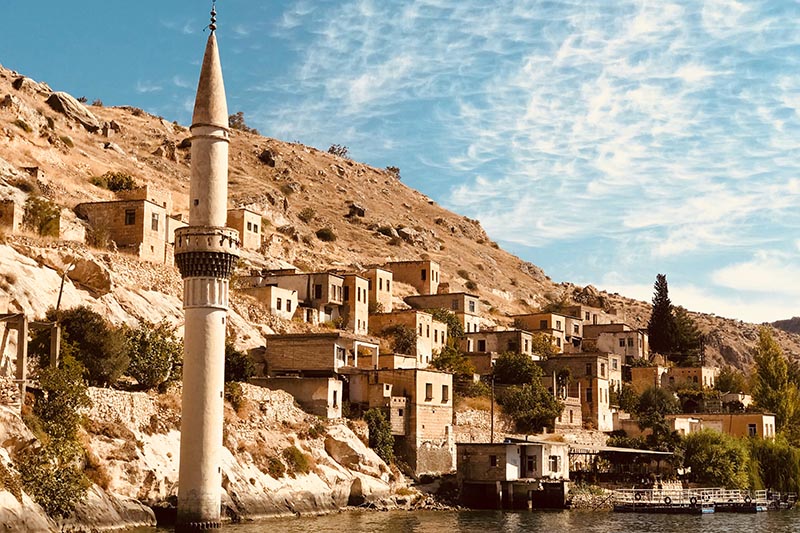In Buddhist thought, there is the notion of a “beginner’s mind.” This is the value of approaching any given action from a fresh and new perspective, no matter how many times one has performed the task. Let’s say you have never washed dishes before. Aren’t those suds interesting now? Feel the way that the soap slips through your fingers. And what is that smell? The bubbles burst and let loose their own sharp and bright scent. It heightens the experience and makes one more present to the moment. A questioning mind is important – what is happening now and next and then?
In a recent forum, the author Pico Iyer gave this notion a twist. Instead of approaching his writing with a beginner’s mind, he finds that he is incredibly inspired to write when either in unfamiliar locales or transitory spaces – hotels and airports and such.
I stumbled upon this same affinity for the “traveler’s mind” a while back. It seemed a natural fit for me. Perhaps this inclination registers with other artists. For some reason, physical movement, from one place to another, stirs my imagination.
I remember one such experience. I was traveling on a scholarship to Turkey, studying the ancient healing sites of Asclepius. I was in a remote village deep in the heart of the country, far away from the more populous coastal areas. In the middle of the night, I received word that my grandfather had died unexpectedly.
I had to return to the U.S. as soon as possible, in order to attend the funeral. At a break-neck pace, I traveled first by cab and bus and airplane, over the course of three days. It was a mad rush, trying to make connections from place to place. But in the midst of the chaos, I found refuge in writing, filling page after page in my notebook.
I wrote plenty about my grandfather, trying to privately eulogize his influence upon my life. But I also wrote about that little inn I had just departed in the hinterland of Turkey. It was a modest place, run by a tight-knit family. The guest rooms were upstairs and the ground floor was devoted to the family, with comfortable couches in the center of the space and a large wooden dining table off to one side.
I remember it being quite dark as I descended the stairs after the terrible news. There was only the faintest candlelight flickering over the walls. I could see shadows gathered around the table. But the shadows suddenly went rigid in stillness. I had disturbed something important.
In my grief, I hadn’t realized that this was the first day of Ramadan. The family was breaking bread just before dawn, under the protective gaze of the moon, taking in the solemnity of the occasion. A vivid assortment of plates had been put out on the table, and the aroma of those collective plates shot through the despair that had encircled my heart.
I didn’t speak a lick of Turkish, and the innkeeper could not do much better with his English. But he intuited that something terrible had transpired. Without hesitation, he invited me to sit with his family and enjoy the meal. It was such a loving gesture. The food tasted so much better, with the call to sooth this stranger’s distress.
I had to capture that moment before it was lost to me. Recording all the details anchored me to humanity’s kindness all through my three days of travel, on my way back to the funeral, which I made just in the nick of time.




